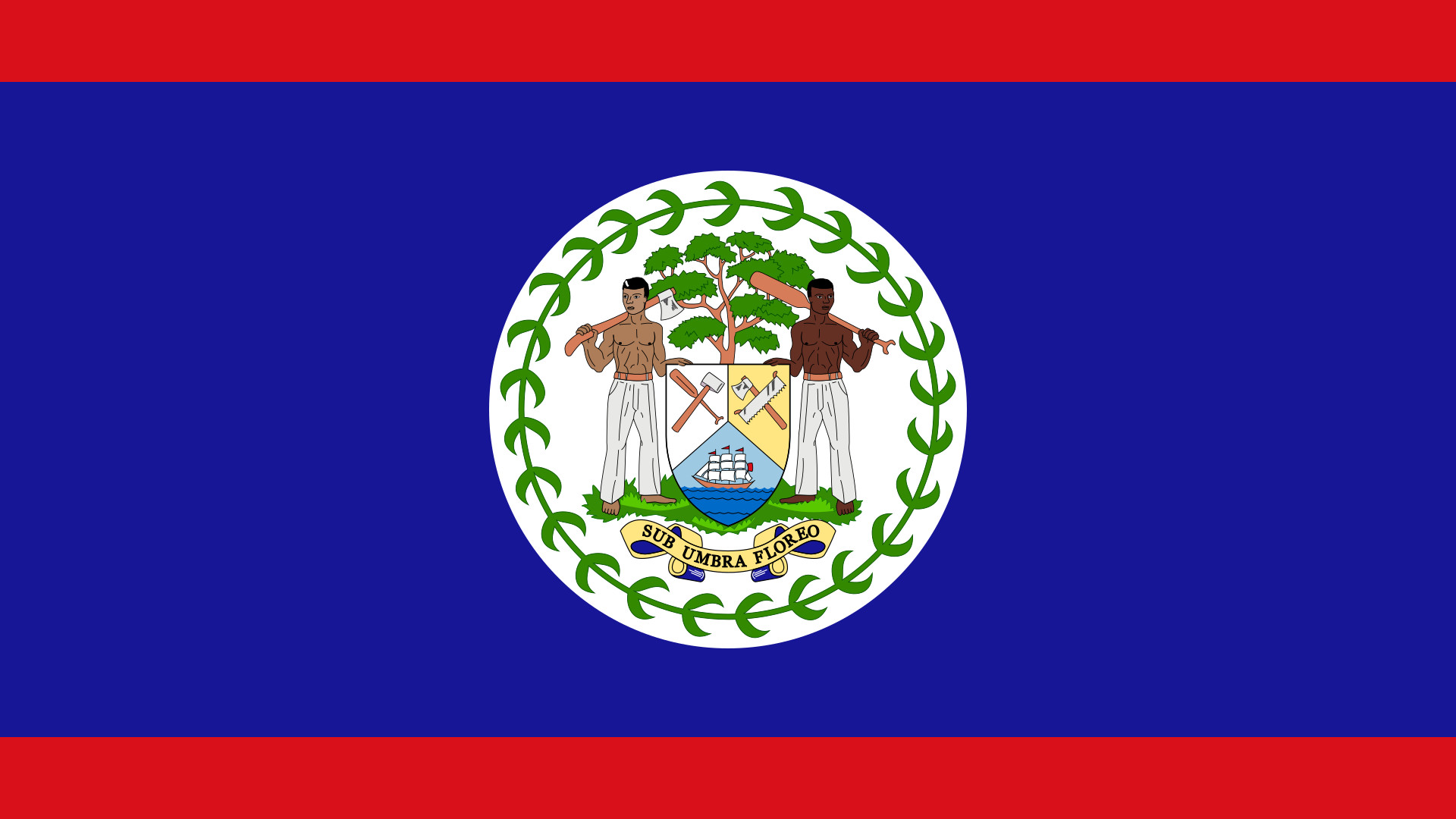Belizean Independence
 Creekside Owner
Creekside Owner
September marks the start of annual independence celebrations around Belize. While September 21st is the official Independence Day, the majority of the month is marked by parades, parties and other events. How did this tiny Caribbean country come to celebrate its independence, and from whom?
Brief History
Belize's history stretches back over thousands of years. Archaeological evidence suggests the presence of humans in what is now known as Belize, at least as far back as the Paleo-Indian Period (15000 - 7000 BC). Eventually, the first known fully-developed societies were the Maya. Their culture and civilization flourished until the arrival of the Spanish in the 16th century, although, even then the Spanish did not fully colonize Belize due to resistance from the indigenous people and the lack of perceived economic value at the time. British settlers, known as Baymen, began logging operations in the 17th century.
It was around this time that the Kriol culture and language began to emerge from the intermixing of African slaves and European settlers, particularly the British loggers and pirates. The term "Kriol" itself refers to both the people and the language, which evolved as a means of communication between these groups.
Eventually the British gained control of the area despite Spanish opposition, culminating in the Battle of St. George's Caye in 1798 where the British and Baymen defeated a Spanish invasion, solidifying British presence.
The early 19th century, specifically 1802, is when the Garifuna people began to arrive in Belize. Larger waves came around 1832 fleeing from Honduras after a civil war. They are descendants of West African, Central African, Island Carib, and Arawak people. Their arrival in Belize is celebrated on Garifuna Settlement Day (November 19), marking their migration to Belize after being exiled by the British from the island of Saint Vincent.
After slavery was abolished in the British Empire in 1834, there was a significant labor shortage on plantations. To address this, the British turned to India, which was under their control, to source cheap labor. East Indians were brought to various parts of the Caribbean, including Belize, under contracts of indenture. This wasn't forced migration in the sense of capturing and enslaving, but it often involved elements of coercion or misleading promises about the conditions and terms of work. Subsequent waves of East Indians may have come to Belize seeking better economic opportunities with the intention of returning to India, only to end up staying because of the high cost of return passage or other various reasons one can imagine. Regardless, over time they established communities that allowed for preservation of cultural practices that may have even encouraged further migration and familial reunification.
This history is neither detailed nor comprehensive. There are many other cultures which have played a significant role in the history of Belize. The Mennonites and the Chinese are two that easily come to mind. I encourage you to continue researching the fascinating and exciting history and culture of this little country on your own to learn more.
British Honduras and Independence
Belize officially became the colony of British Honduras in 1862. This brought about the expansion of the logging industry, particularly mahogany as well as the introduction of sugar plantations which played a role in the aforementioned indentured servitude. Colonization further impacted the cultural landscape with the spread of the English language, education systems and legal structures, most of which can still be found today.
Over time, the push for independence grew, influenced by the global wave of decolonization. The 1950s and 1960s saw the rise of nationalist movements, particularly the People’s United Party (PUP) led by George Price. In 1964, Belize achieved self-government, renamed itself Belize in 1973, and after overcoming territorial disputes with Guatemala, gained full independence on September 21, 1981. Independence was achieved peacefully, with Belize becoming a member of the Commonwealth.
Proud and Free @ 43
At the time of this writing Belize is about to turn 43 years old. Throughout the country there are ceremonial flag raising events, parades, and lots and lots of parties. Belize is a small country with a rich history.
Come stay with us soon so you can experience Belizean culture for yourself!
Subscribe to my newsletter
Read articles from Creekside Owner directly inside your inbox. Subscribe to the newsletter, and don't miss out.
Written by

Creekside Owner
Creekside Owner
I am a software engineer who also owns a lodge in southern Belize. I am passionate about both things. If you're interested in travel to Belize, or hearing more about my journey from engineer to hotelier, subscribe and follow along. Also feel free to let me know if there is anything in particular you're interested in learning more about!